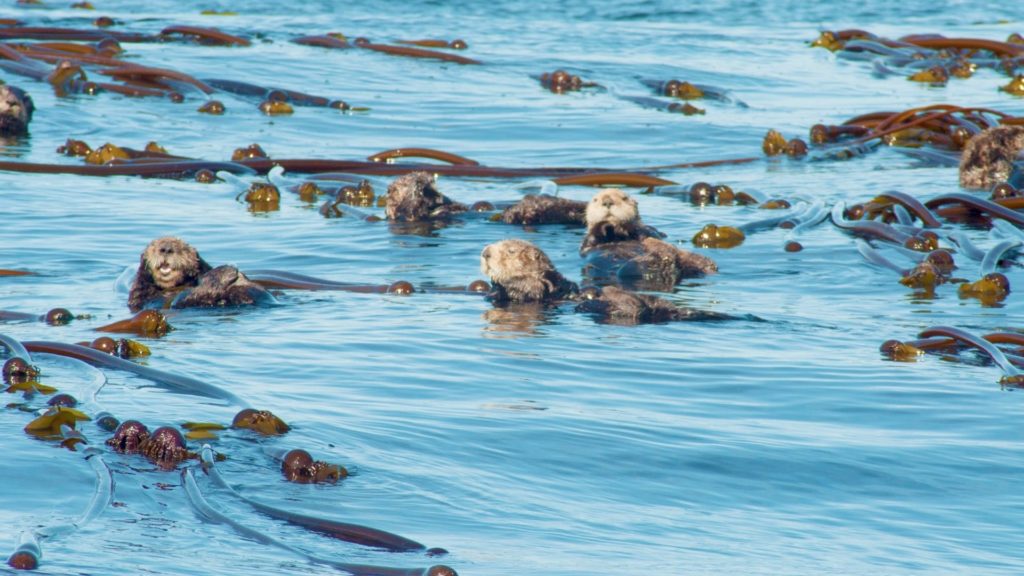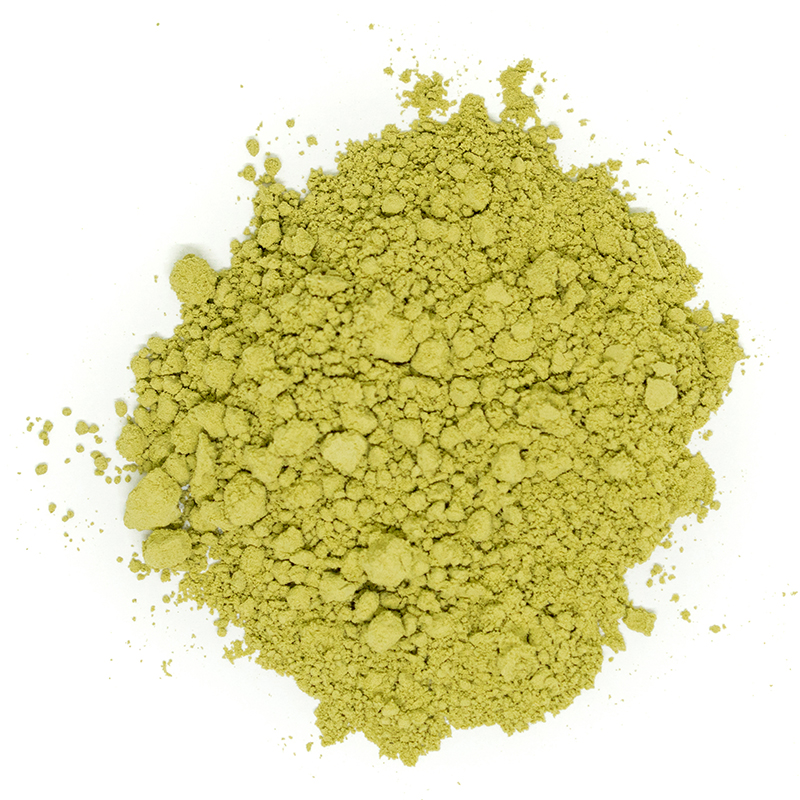Kelp has been known as the rainforest of the sea. Kelp supports a wide variety of marine life. Sea otters are a keystone species for the health of kelp forests. We may see Kelp as one of our favourite superfoods but it plays a critical role in our marine ecosystem. Did you know that it absorbs up to 20x more CO2 per acre than land forests?
Kelp forests cover a quarter of the world’s coastlines, stretching from Antarctica to Australia, Mexico to Alaska, providing food and shelter for thousands of species (like the cute sea otter), while sucking carbon from the atmosphere. If you needed more reason to love the adorable sea otter, they play such an important role in protecting our kelp forests! Kelp forests are one of the most efficient absorbers of CO2, using carbon from the atmosphere to grow leafy structures underwater. With the protection sea otters provide, these forests flourish. Kelp forests that are guarded by sea otters can sequester up to 12 times more carbon from the environment.
Fun Fact: Researchers have found that the presence of sea otters increases kelp forest carbon storage from 4.4 to 8.7 megatons annually. To put that in perspective, it would take 3 to 6 million passenger cars removed from the road to equal that amount.

We harvest our Kelp from the Atlantic Ocean within Canada. Why does buying sustainable Kelp matter? Sustainable production, or wild-crafted produced kelp seaweed, means that the companies realize that there is only so much seaweed available for human use. They then decide against mass production and only take from the sea what they need. In fact, Kelp may be harvested by trimming it and leaving enough of the plant intact that it may continue to grow for years and years to come. Actually, if harvested in this way, harvesters are able to continue to reap from this incredible seaweed for up to 60 years! It truly becomes an unlimited resource.
Kelp has increasingly been seen as a solution for climate change due to its ability to offset carbon, be a sustainable food source, and its regenerative properties for ocean ecosystems. There are so many ideas for working towards using kelp as an organic fertilizer, cattle feed, biofuel, and bioplastics.
While you are enjoying some Kelp Powder in your smoothie or Kelp Sea Salt on your toast next time, it’s nice to know that while having a tasty treat, we are also helping our ocean friends live safe lives under the sea. We at Westpoint love to know that we are helping our sea otter friends become little ocean superheroes and helping to save our planet! 🦦🦦🦦
CONNECT WITH US!
You can share some of your feedback and thoughts on the sustainability and conservation of our oceans with us on Facebook, Instagram, or Pinterest, and we will try and feature them in our next blog post!
